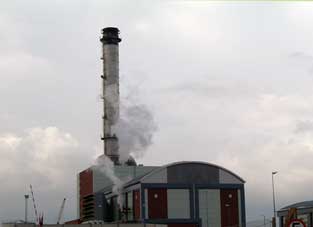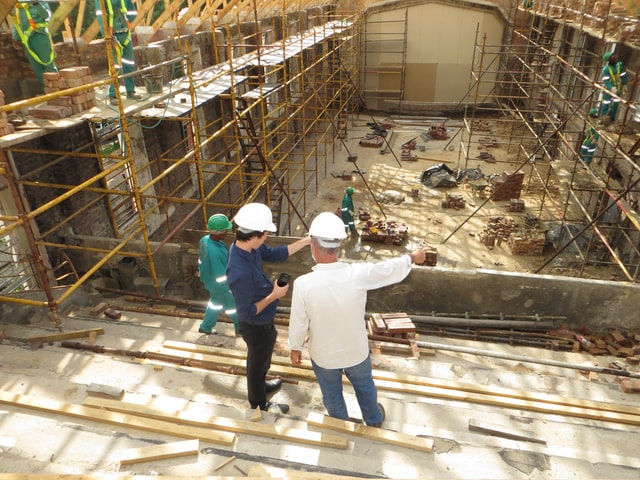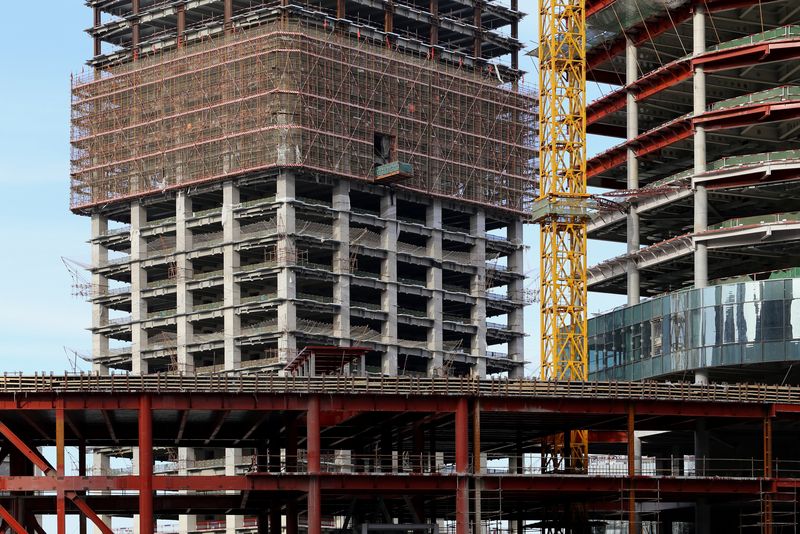Air Quality & Traffic Management Schemes: Risk & Reward
17-07-2024
Whether it be a heavily congested roundabout, an ill-placed ‘rat run’, a free-flowing road adjacent to a primary school, or ambitious incentives to prioritise active and low-emission modes of travel, there are many reasons for Local Authorities to consider introducing traffic management schemes.
Road traffic management schemes are implemented to solve existing problems and future risks on our local road networks. The focus is mostly on avoiding serious accidents, reducing congestion, and future-proofing areas for sustainable travel. Occasionally, we notice Consultants and Local Authorities suggesting that their traffic management schemes will significantly benefit local air quality, and, often, they are correct.
It is widely accepted that vehicle traffic is one of the largest contributors to air pollution in our towns and cities, so any initiative targeting traffic management will likely significantly influence harmful pollutant concentrations. However, a traffic management scheme does not always improve air quality. Sometimes, such schemes can lead to a substantial and unacceptable worsening of air quality.
In recent years, Phlorum has been asked to assess the potential air quality impacts of many schemes and has occasionally identified areas of concern with traffic management proposals. For this reason, we advocate that all such schemes be carefully assessed to determine whether they might create adverse air quality impacts. It should not be assumed that such schemes will definitely improve air quality!
Below, we list just a few of the different types of traffic management schemes we have worked on and highlight how some could pose unexpected risks to local air quality.
Road Closures and Low Traffic Neighbourhood (LTN) schemes
LTNs, modal filters and road closures have become popular solutions to limit ‘rat running’ and improve pedestrian safety in residential neighbourhoods, particularly in London. But if a popular vehicle traffic route is blocked, that traffic must be redistributed elsewhere.
Although air quality will likely improve on the closed road itself, the redistributed traffic flows are likely to lead to worsening elsewhere. In the past, we have seen circumstances where traffic has been diverted from quiet residential areas, where air quality was good, and redistributed it to residences adjacent to busy and congested roads, where air quality was already poor.
Relief Roads
These are typically introduced to alleviate congestion on existing roads. Consequently, they offer immediate air quality benefits to those existing areas. Yet it is also important to consider the risks associated with the chosen route of the relief road. Perhaps the new road will pass adjacent to a rural residential area or, as we have identified on past schemes, pass through sensitive ecological habitats.
Speed Limit Reductions
Although most commonly implemented to improve pedestrian safety, speed reduction measures can also reduce congestion at busy junctions. However, engines are generally less efficient at lower speeds, so speed reductions have sometimes been shown to worsen local nitrogen dioxide (NO2) and particulate matter (PM10 and PM2.5) concentrations.
Bus Lanes and Cycle Lanes
The introduction of bus lanes and cycle lanes are essential for encouraging more sustainable and less polluting travel modes.
In the long term, more often than not, these schemes will enable widespread air quality benefits. However, if the additional lanes are not considered carefully, issues such as increased congestion, or shifting vehicle traffic a few metres closer to sensitive locations, can lead to a short-term localised worsening of air quality.
Phlorum’s air quality consultants have considerable experience in undertaking detailed Air Quality Assessments for traffic management schemes. If you would like to find out more about how we can help with your plans, please contact us. We would be very happy to help.



